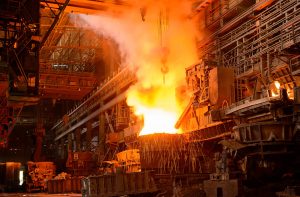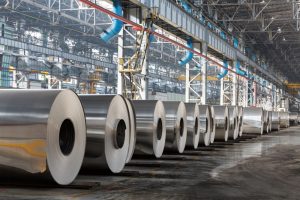 Advantage steel
Advantage steel
Aluminum has approximately two thirds less forming range than steel. This can be a very important advantage when forming something like a vehicle body which contains many different styling features. Aluminum has much less hardness than steel. It can be easily chipped, this means aluminum panels are less able to take wear and tear than steel. Steel has much better damping effect than aluminum, due to its mass.
The magnetism of steel
Steel is a magnetic metal, aluminum is not. This is a fantastic quality when it comes to recycling. Steel will react to a magnetic pull whereas all of the other materials such as polymers, glass, adhesives, ceramics, etc. will not. If you are in need of a metal that is non magnetic, aluminum wins the day, however if magnetism isn?¢‚Ǩ‚Ñ¢t an issue, steel is still the clear winner.
Steel over aluminum
Aluminum has a high galvanic potential, steel does not, this means without barrier technologies steel is the metal of choice. In the area of fatigue, steel is the clear winner. Aluminum has less than half the performance ability of steel. In the department of elasticity, steel has three times more elastic modulus than aluminum. In a stamping process, aluminum will have a higher spring back than mild steels, even high strength steels possess lower spring back than aluminum. Steel is by far a much more versatile metal; it can be made more pliable or harder and contains more strength. It is moldable and lends itself well to stamping. The metal is durable and recyclable. In most applications steel wins out over aluminum in a head to head test. Aluminum is a much lighter weight material, and it is non magnetic, this makes it a very good metal for applications that require non magnetic metal and or a light weight material. Engines are often made from aluminum due to the lightness of the metal. It is strong enough to stand up to the wear and tear it will receive in the capacity of an engine and will give better gas mileage due to the fact that there is less weight to carry around.

 Advantage steel
Advantage steel


